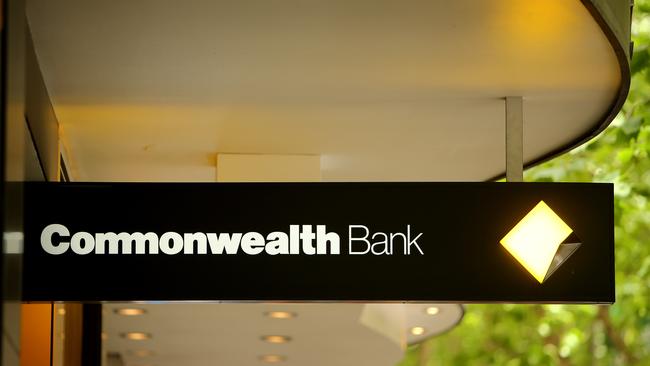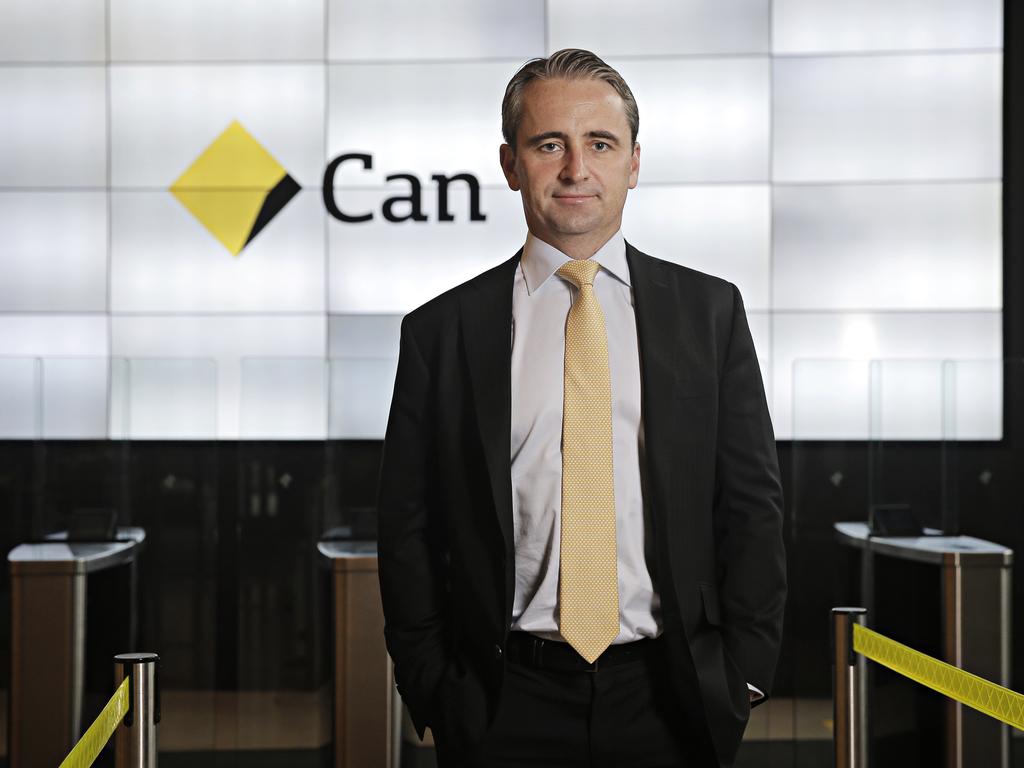
The nation’s biggest bank, CBA, has published just such a scenario putting forth a suggestion that house prices will keep falling over the next three years.
Under a so-called “prolonged downturn”, CBA says prices would fall this year, next year and the year after, combining to create a 32 per cent plunge from top to bottom.
The estimate is a prediction that we should not overplay since it is set beside an alternative scenario where a base case “downturn” scenario would see home prices drop 11 per cent.
But then again, the monster of the home lending market would not produce its considerably scarier forecasts if they were not being considered at the highest levels.
The CBA predictions are more negative than a similar batch of figures last week from ANZ which forecast a 10 per cent drop - the variable is unemployment.
CBA forecasts that if unemployment moves towards 9 per cent or higher then the prolonged downturn comes into play.
Though there has been a debate about the links between unemployment and house prices - there is some evidence that house prices historically do not fall in the wake of rising jobless numbers - CBA clearly does not agree.
Key factors
Unemployment represents three of the four key factors spelled out by the bank.
“The key drivers to housing are unemployment, underemployment, changes to income and house prices,” said the bank in an update on Wednesday.
A closer look at the latest housing numbers for the bank give us what may well be an emerging picture where investor lending and interest-only lending - two factors linked with investor confidence in housing are declining.
Meanwhile, the most dreaded number in the housing market - negative equity - is virtually unchanged year on year at 4.1 per cent.
But this is the statistic that could yet disturb the bank’s modelling.
Negative equity occurs where the value of household mortgages exceed the value of the home.
The side effects of negative equity are deep and troublesome as homeowners are blocked from getting further credit or from moving houses.
We might have expected negative equity to be moving sharply higher, but not yet.
Nonetheless as housing analyst Martin North of Digital Analytics says: “The negative equity numbers are not reflective of what is really going on. Negative could be almost twice as high by now.”
Certainly, the high level of household debt already in the market does indicate that any drop in house prices will immediately play into the negative equity picture and if prices keep declining, as they have in recent weeks, then sooner or later the banks are going to have to factor this into valuations.
The other key number is home loan deferrals at 144,000.
The presence of this ballooning line of deferrals is literally out of the blue, the figures were insignificant a year ago. (The next biggest category - business loan deferrals are roughly half the home loan figure at 70,700).
What percentage of the 144,000 households will end up in negative equity?
As we remain within the coronavirus stimulus period there is a safety net in the form of JobSeeker payments and loan deferrals - but that will come to an end when the six-month emergency measures package is due to terminate in September.







Could house prices drop more than 30 per cent?